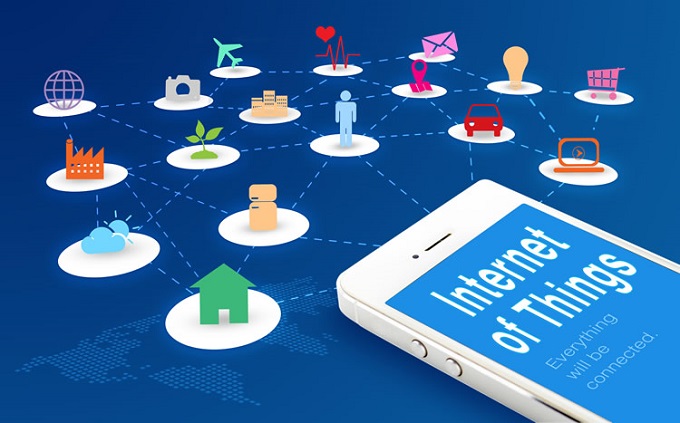The rapid development of mobile Internet, the rapid popularization of smart terminals, and the increasing maturity of big data analysis technology are helping to transform the Internet of Things from concept into reality.
The concept of the Internet of Things is gradually deepening and its applications are becoming larger and larger, making people’s lives more interesting, convenient and intelligent.


Here are five ways the Internet of Things will change the future:
1. Health: IoT helps continuously monitor patients and medical symptoms, helping early detection, diagnosis and accelerating the development of breakthrough drugs. Wearable devices from Xiaomi, Apple and Samsung are all offering users the ability to analyze workouts and set daily health goals, and create new revenue streams. Mobile apps surrounding health have been around for years to track your sleep, weight, nutrition, and more.
2. Safety: Sensors are much cheaper than before and can now let you know many things, such as whether your water pipes are leaking or about to burst, at no extra cost. Drones also allow a small number of rangers to quickly survey fire conditions and then travel through forested areas to more remote areas. Connected cars allow technicians to perform vehicle diagnostics and real-time intervention to improve safety.
3. Marketing: By leveraging the Internet of Things, merchants can reach the right customers at the right time. This is a virtual realm where the application will send promotional advertisements to pedestrians passing by your store to attract them to shop. IoT technology can also keep the in-store experience fun and immersive, and enable retailers to continually innovate their in-store offerings.
4. Smart cities and smart infrastructure: IoT is helping to build infrastructure to provide quality of life for residents. Real-time weather response systems, better traffic management, waste management and optimal utility management can help governments around the world.
5. Energy, aviation and manufacturing: Using IoT for predictive maintenance can reduce downtime by up to 50%. Companies like General Electric have installed a large number of sensors on equipment around the world to monitor and diagnose existing equipment around the clock. Among them, IoT-enabled jet engines consume nearly 15% less fuel than ordinary jet engines, while also Reduced emissions and noise. Smart grids help improve the reliability and efficiency of the grid and prevent electricity theft.
All in all, there is huge potential in any area of our lives and, if implemented correctly, could cause incredible changes that directly impact industry, government departments, and the lives of ordinary residents.